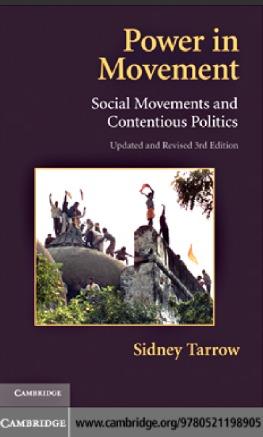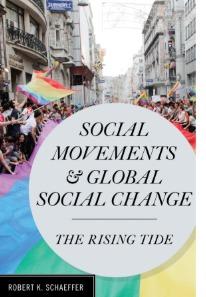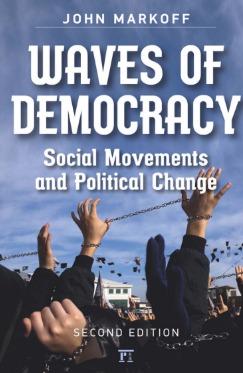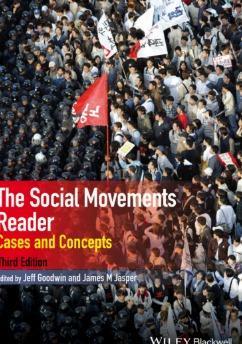
The Britannica Guide to Political and Social Movements That Changed the Modern World
- ISBN 13 : 9781615300624
- Judul : The Britannica Guide to Political and Social Movements That Changed the Modern World
- Pengarang : Heather M. Campbell,
- Penerbit : Britannica Educational Publishing
- DDC : Political science
- Bahasa : Inggris
- Tahun : 2010
- Halaman : 390
- Google Book : https://drive.google.com/file/d/1LskXnI2bD81yN6IlxV9BXUQmwASKXf74/view?usp=sharing
-
Ketersediaan :
015049 Tersedia di Library of UI BBC









